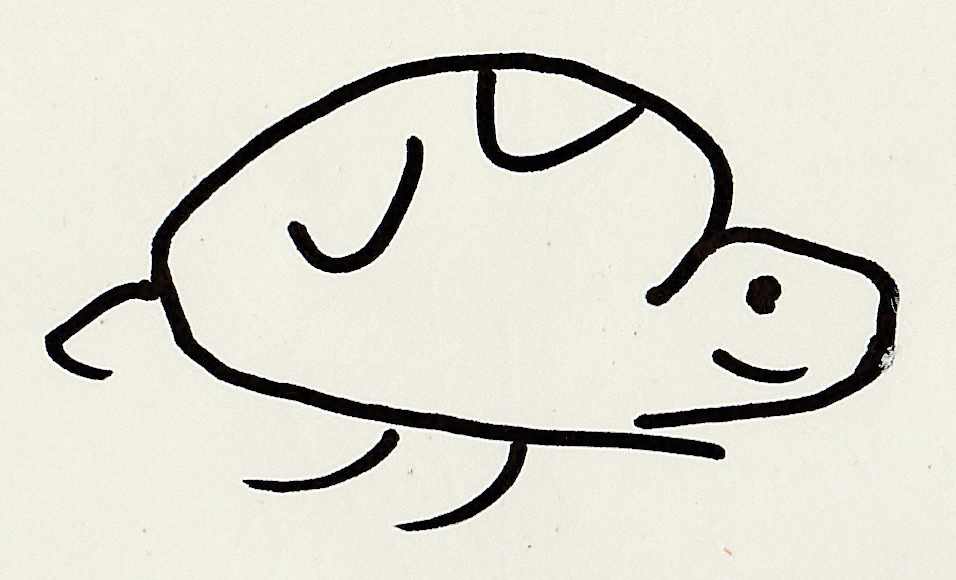Blog
As may be expected of a blog, it is an ongoing affair. For the moment, we publish here three types of texts that suit the definition of a blog.
- in English: texts that Touché and Guy post with a certain regularity at LinkedIn.
- in Portuguese: contributions of Touché to our company website on LinkedIn, and some of her older posts on Brasil com Z, a blog by expat Brazilians about the countries they emigrated to. The cooperation stopped some time ago, but Touché's texts are still interesting.
- in Portuguese, Dutch, English and even French: whenever we travel, we send newsletters to friends in several countries. At first, these messages appeared only in Portuguese, later a Dutch version was added, and in 2016 we were crazy enough to add a French and an English newsletter during our stays in New Zealand/Australia and Costa Rica. We will progressively post some of these travelogues, going back in time.
Note: the latest post is at the top. Use the menu at left or scroll down for older messages.
Guy at LinkedIn
Hidden Persuaders, 60 years later
As early as 1957, the American author and social critic Vance Packard warned us against Hidden Persuaders, all kinds of means from depth psychology and subliminal tactics that marketeers use to make us buy things that we may not really need. Imagine what the businesses that try and sell us products and services have come up with over the last 60 years since Packard pointed out the dangers of the use of results coming from research into what motivates us to buy.
Hidden Persuaders was the wake-up call for the consumer. Since then, consumer organisations all over the (western) world have sprung up and test and protest, evaluate and denounce, recommend and dissuade. By the way: I always found it quite strange and alarming that these organisations themselves use the very same tactics they criticise to attract new members and readers: package deals, free tablets and other presents, temporary deals and the lot. Because they imitate the practices they pretend to oppose, I never became a member of such a group that supposedly defends my interests as a consumer.
Nevertheless, growing consumer awareness has pushed industries and administrations into a world of more ‘responsible’ production, respect of the rights of individuals, of small producers in poor countries, the environment, privacy, sustainable growth... at least they pretend to do so, and create a whole new range of products and consumables, organisations, retail chains that carry these standards as high priorities... even if it often turns out they are only a hoax.
On a trip to Dublin at the beginning of April 2017, my spouse and I laughed at a panel outside a pub in the lovely seaside town and peninsula of Howth. It’s a tongue in cheek example of a message that was conceived to be wrongly understood. In fact, exception made for some very short-sighted people that can only read the big letters, nobody will believe they will get ‘free beer’ here (or “you’ll get beaten up at the door”, as Tom Waits warns).
The next day, at Dublin Airport, I was lured myself by another message that, this time, really was intended to be misunderstood. You read in big capitals HALF PRICE and then the chances are big that you will interpret that you buy one book and ‘get’ another (for free). Not so: I let myself be fooled and went to the counter with two books. Instead of 50% off, I only got less than 25% off (cheapest book at half price). So I refused.
I asked my spouse about the sale tactic, but she said she got the deal right, right from the start: your second book at half the price, not buy one and get one free. So let’s suppose 50% of the people read it right: your second book at half price, and are quite happy with the deal. Say, another 25% are lured into thinking they get a free book when they buy one and, once at the counter, accept that they were fooled, feel a bit silly, and accept the deal. And that leaves the last 25% that are like me and refuse to be made to pay more than they expected when reading the offer in the first place.
So all in all, the deal pays off for the bookshop and the hidden persuasion – if that is what it is – still works... 60 years after Vance Packard first warned us against it.
I wish you happy shopping!










